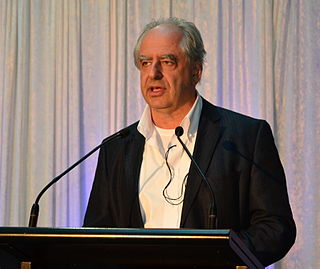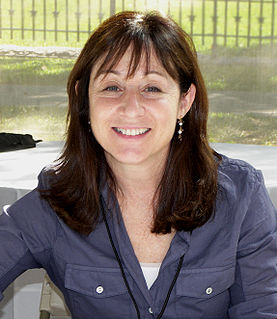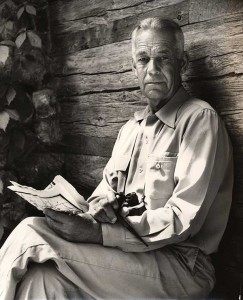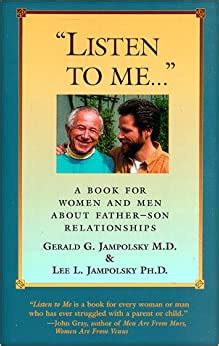A Quote by William Kentridge
The uncertain and imprecise way of constructing a drawing is sometimes a model of how to construct meaning... The ethical and moral questions...in our heads seem to rise to the surface as a consequence of the process
Related Quotes
I don't like the way most people think. It's imprecise. I find that when parents ask me questions, they ask very imprecise questions. They say, "My kid has behavioral problems at school." Well, I have to say, "What kind of problems? Is he hitting? Is he rude? Does he rock in class?" I need to narrow questions to specifics. I am very pragmatic and intellectual, not emotional. I do get great satisfaction when a parent says, "I read your book, and it really helped me."
It's funny how you can't ask difficult questions in a familiar place, how you have to stand back a few feet and see things in a new way before you realize nothing that is happening to you is normal. The trouble with you and me is we are used to what is happening to us. We grew into our lives like a kernel beneath the earth, never able to process the enigma of our composition...Nothing is normal. It is all rather odd, isn't it, our eyes in our heads, our hands with five fingers, the capacity to understand beauty, to feel love, to feel pain.
Ethical and moral questions and how we answer them may determine whether primal scenes will continue to be a source of joy and comfort to future generations. The decisions are ours and we have to search our minds and souls for the right answers... We must be eternally vigilant, embrace the broad concept of an environmental ethic to survive.
This is an important distinction, because most of the modern philosophies that deny that we can know reality, and ultimately truth, make the mistake of constructing epistemological systems to explain how we know reality without first acknowledging the fact that we do know reality. After they begin within the mind and find they can't construct a bridge to reality, they then declare that we can't know reality. It is like drawing a faulty road map before looking at the roads, then declaring that we can't know how to get from Chicago to New York!
In the new alchemy, we have a similar kind of way of thinking. Our internal space includes our intuitions, our thoughts, our senses and our feelings, and from these we construct or build a picture of the outside world. From intuition and thought, we construct time. We also construct space from thought and our sensations. From our senses and our feelings, we experience energy, and from our intuitions and our feelings, we experience motion.
Art is a process of concentration. It is both the distilled essence and the commentary upon otherwise mundane activities and reflections. Musical notes must be charged, must gather more than one and the surface meaning, must reveal audible and "inaudible" connections to other notes, patterns, and meaning, either by way of affinity or contrast.
The moral justification of capitalism does not lie in the altruist claim that it represents the best way to achieve 'the common good.' It is true that capitalism does -- if that catch-phrase has any meaning -- but this is merely a secondary consequence. The moral justification for capitalism lies in the fact that it is the only system consonant with man's rational nature, that it protects man's survival qua man, and that its ruling principle is: justice







































